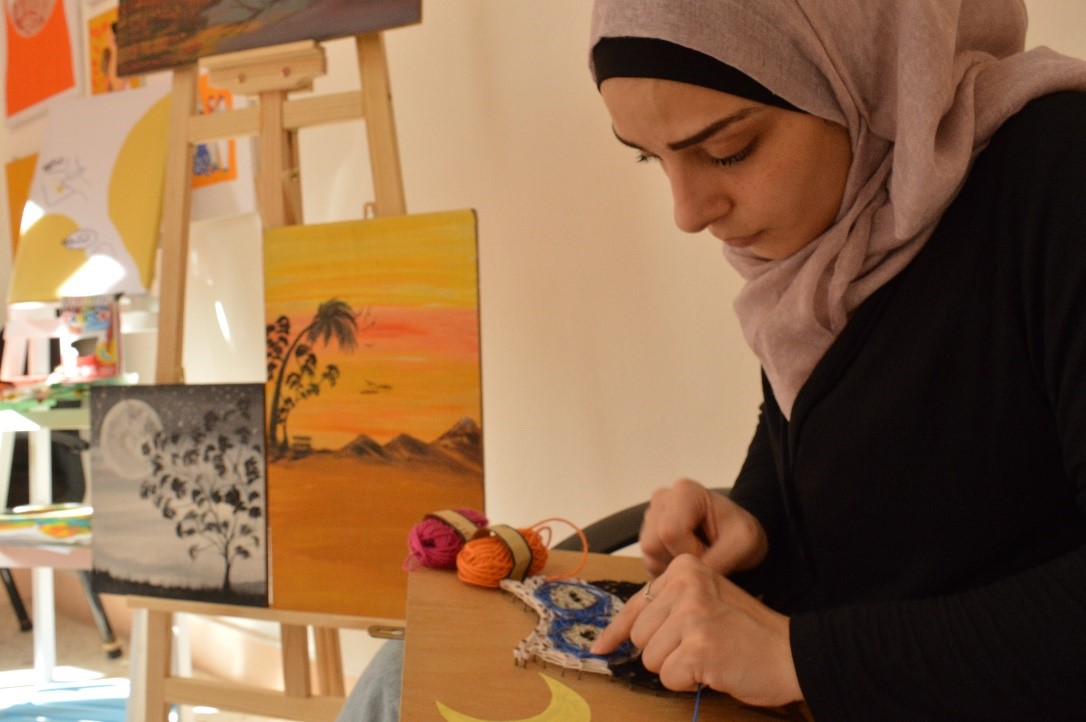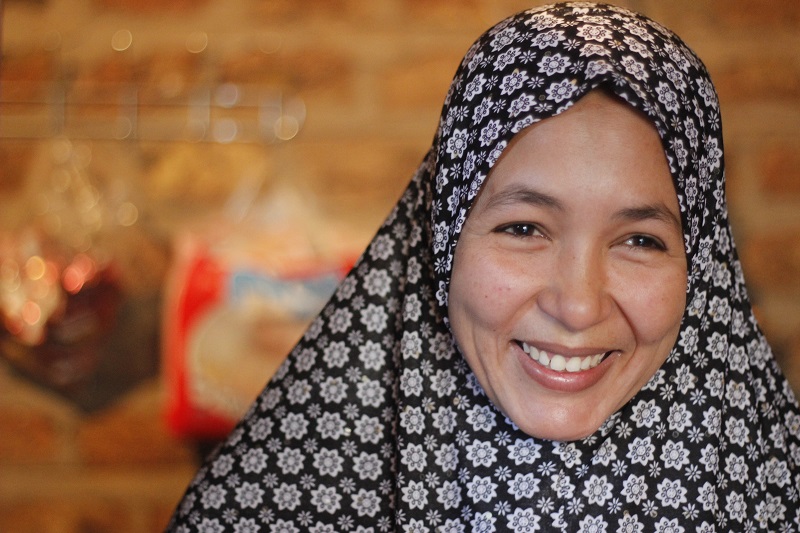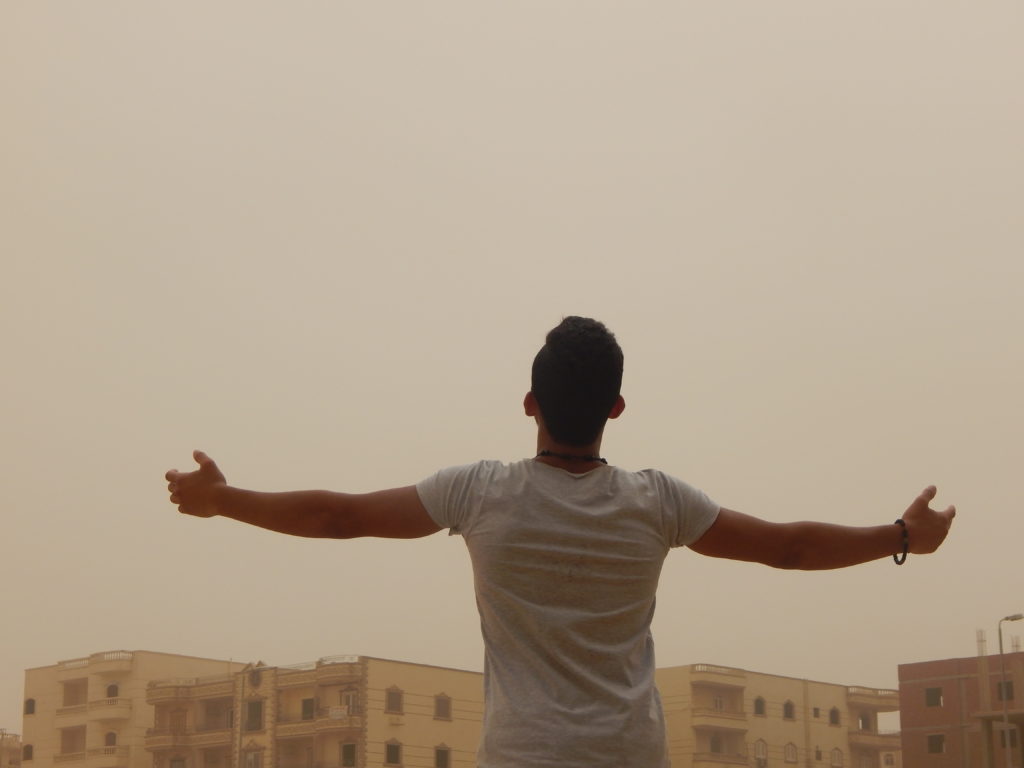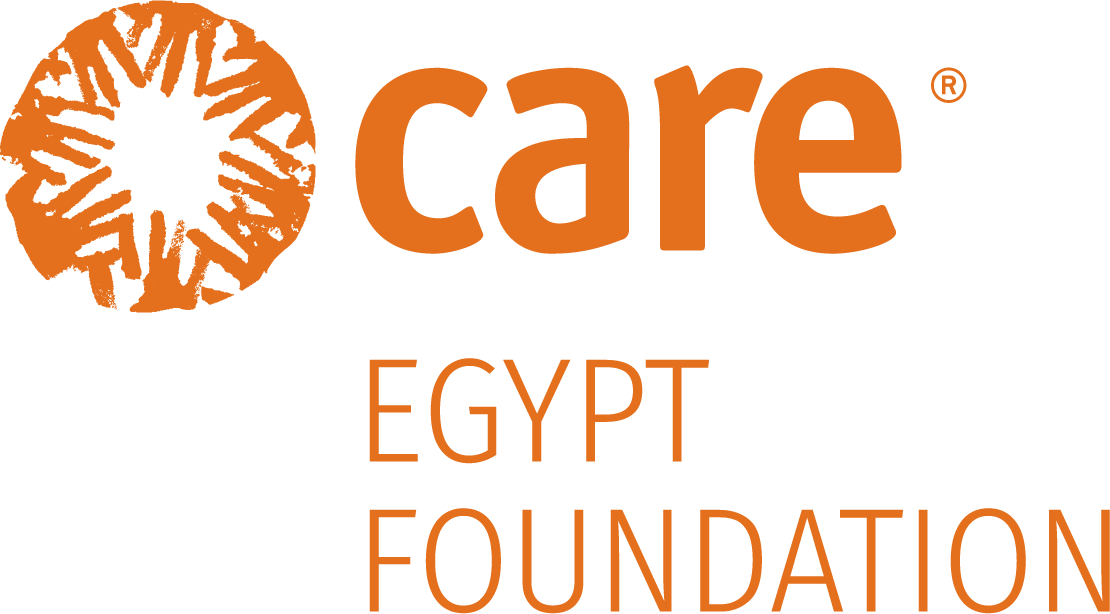In 2017, Reem Mohamed, a (33) Syrian woman, fled with her husband and two children as war engulfed her country. Reem is a young Syrian woman, married with two children, who have been living in Egypt since then. Reem is originally from Damascus countryside, had to move to the capital, Damascus, when her village was declared a war zone. “Although we thought that the capital would be a safer place for us, we lived very hard times. The economic conditions were very bad. No life, no electricity, no safety, and the capital was under attack all the time,” she says.
At that time, Reem and her husband realized that it was about time to flee the country. “We have already lost our home, our business and we left with nothing,” Reem explains. The family left everything behind: their families, friends and country. “We had some savings; so we took our passports and left the same night,” she adds.
The trip to Cairo was not without risks. They lack food and water during their trip which lasted for hours. “Travelling in such terrible conditions and with two children – a 3-years-old son and a six-month-old daughter was a nightmare,” she says.
The family headed to Alexandria to join their relatives there. Her husband tried to start a food processing business. But the business failed and he lost most of his capital. He had to work as an employee in another business.
Adapting to her new life is another challenge for Reem. “Badi Ahwa” (I want to buy coffee) is a simple expression that was not understood by Egyptians”! “People did not understand what I was trying to say,” Reem says. She explains that she never thought that the difference of dialects would be a problem when she decided to move to Egypt. “I know that I am in a better situation than other Syrians who live in isolated camps elsewhere. Here, we live among Egyptians and as part of society. However, the integration is still not that easy. The difference in dialects, cultures, and even in food is obvious.” she underlines.
“At the beginning, I used to take care of my house and children only. I used to spend days alone, with no one even knocking at my door,” she adds.
Reem could not easily adapt to her new life or integrate into a new country. But when she joined a Whatsapp group in her neighbourhood, she was introduced to a CARE Friendly Space. Located in Agami, Alexandria, CARE Friendly Space is a safe place for women created in neighbourhoods where the majority of residents are Syrian refugees.
This place offered Reem an opportunity to network with other refugee women from different countries, including Syria, Yemen, Sudan, Eritrea as well as Egyptians. Activities such as sewing, drawing, cooking, psychological support or even just information sessions about the legal status of refugees, their rights and duties in their new host community were organized.
“This place allowed me to communicate again with people like me, speaking the same language, dialect and with similar stories. I felt home again,” she says. “I learnt to draw, sew and make string art. I displayed my artwork in exhibitions and sold some of my work. But it all stopped with the pandemic,” she adds.
Then, came the COVID-19 pandemic
With the outbreak of the pandemic, Reem, like many other families, went through a difficult time. There was little income and nowhere to go. Even the Friendly Space that she used to consider as her only recreational and learning centre closed its doors during the lockdown. She could no longer connect with her peers.
Podcast Training
Our team at CARE Egypt understood the feelings of loneliness and the profound depression of these women during the lockdown. Hence, we created “Lametna” (Our Gathering), a new podcast as a way for female refugees to reconnect.
Season 1 episodes focused on opening a safe space to express their feelings and offering psychological support. Then, twenty Syrian and non-Syrian women refugees volunteered to train in program hosting.
Reem was one of the participants. She hosted a program that she named “Nasij Al-Hekayat” (Weaving Tales). “I had the opportunity to speak about everything: my memories, me being a bride in my house back in Syria nine years ago, about refugees who drowned at sea, about success and failure, my artwork and many other topics,” she explains.
In six months, we podcasted 100 episodes. We reached 7707 listeners from Egypt, Saudi Arabia, Germany, France, the USA and Iraq.
Reem left Syria with her 3-year-old son and 6 months-old baby. Four years on, Reem still gets scared when hearing an airplane passing by. The war memories are still vivid in her mind. However, she is full of hope that one day all the hard times would be gone and maybe one day they will go back to their country so that the children meet their grandparents, uncles and aunts for the first time in years.





